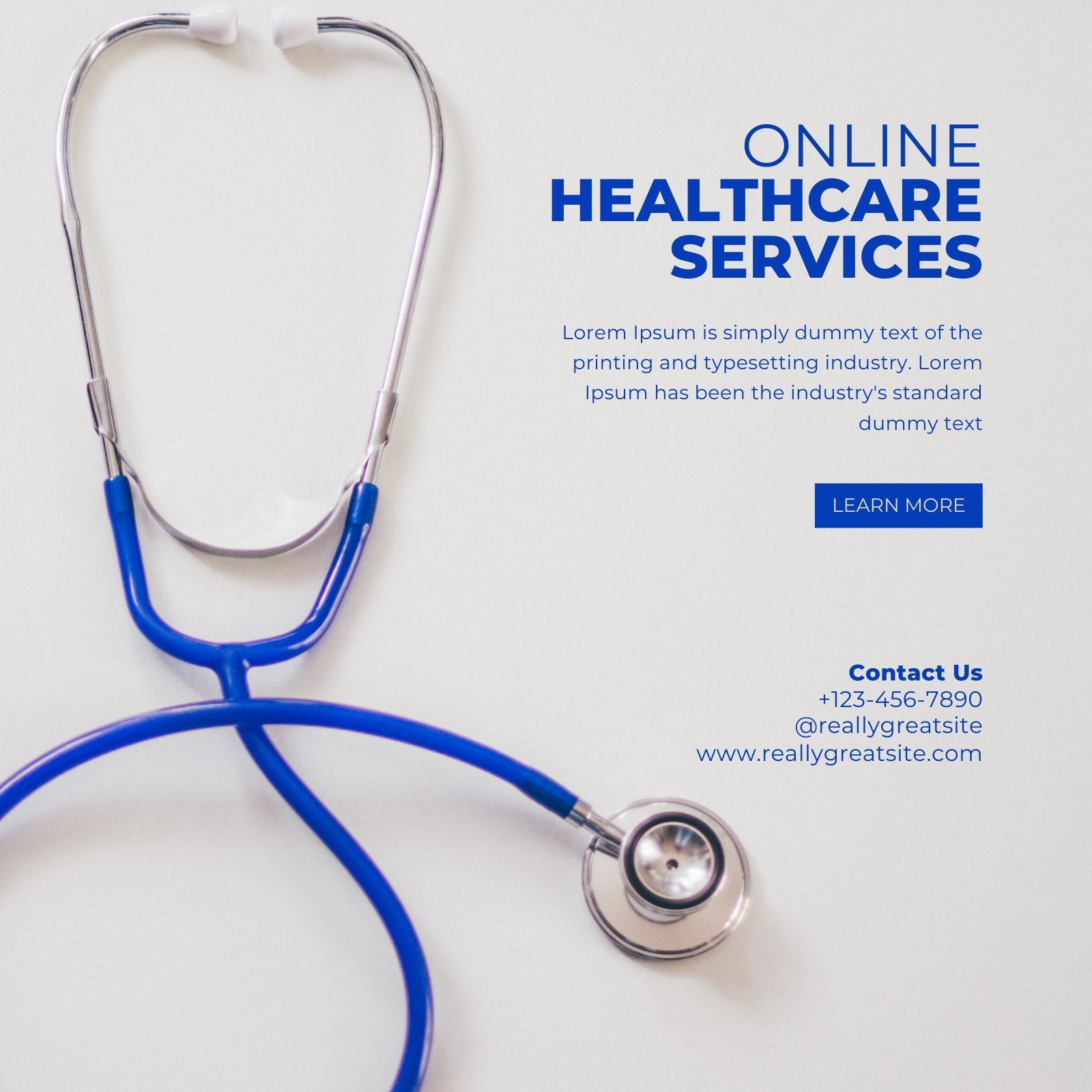Browsing the Future of Medicine With Subscription-Based Medical Care Solutions
As the health care industry develops, subscription-based services become an essential model promising to improve client care shipment. With the possible to supply streamlined, cost-efficient services with foreseeable prices and individualized attention, these services stand at the center of modern-day medical advancement. As we consider their surge, one must consider the effects of incorporating such systems into existing medical care frameworks. What obstacles do they pose in terms of information security and equitable gain access to, and how might they redefine the patient-provider connection? The solution to these questions can fundamentally modify our approach to health care.
Rise of Subscription Health Care
As health care systems around the world face enhancing pressures from rising prices and demand for solutions, the arrival of subscription-based healthcare designs has become a transformative pattern. This innovative strategy is interfering with typical health care shipment by providing a foreseeable, flat-rate settlement framework for medical services. Rooted in the concepts of attendant medication, subscription-based health care enables carriers to concentrate on personalized individual treatment while concurrently managing operational performances.
The increasing customer demand for transparency and predictability in medical care costs has actually driven the change towards this model. Subscription-based services typically provide straight access to healthcare experts, which can minimize the administrative concerns associated with insurance policy cases and reimbursements.
This version is acquiring grip amongst diverse healthcare providers, from key treatment physicians to specialized clinics, by straightening financial motivations with precautionary and continuous treatment. By shifting the focus from volume to value-based care, registration healthcare has the possible to reshape the landscape, promoting an extra sustainable and patient-centered strategy to health and wellness monitoring.
Benefits for Individuals

Additionally, subscription-based solutions usually emphasize precautionary treatment, encouraging routine check-ups and health and wellness testings. This proactive method can lead to early discovery of wellness issues, potentially enhancing end results and lowering long-lasting medical care costs for people. In addition, such versions usually provide transparent prices, enabling people to better understand their medical care expenditures and avoid unexpected clinical expenses.
The customized nature of subscription-based health care likewise enhances client experience. Clients can obtain tailored health care strategies that suit their details requirements, promoting a much more patient-centric technique. This personalization can lead to enhanced client contentment and adherence to therapy strategies. Membership services usually integrate wellness programs, supporting patients in keeping overall health and wellness and well-being. Inevitably, these advantages jointly add to an extra efficient, cost-effective, and patient-friendly healthcare experience.
Technology's Duty in Transformation

Synthetic intelligence (AI) plays an important role in predictive analytics, assisting in early medical diagnosis and customized therapy strategies. AI formulas evaluate vast datasets to identify patterns that could be ignored by human observation, therefore improving scientific decision-making. Additionally, electronic health and wellness records (EHRs) streamline person information management, making certain connection and coherence of treatment across different solutions and companies.
Blockchain innovation enhances data safety and privacy, vital for preserving patient count on in digital systems. It enables transparent and secure purchases of medical data, ensuring that sensitive details continues to be safeguarded. With the assimilation of device understanding and AI, blockchain can automate intricate health care processes, reducing administrative concerns.
Obstacles and Factors To Consider
While modern technology moves the capacities of subscription-based health care solutions, it likewise presents a collection of challenges and factors to consider that try here need to be dealt with to ensure successful application. One substantial challenge is the equitable access of these services.
Information personal privacy and safety and security represent an additional crucial factor to consider. Subscription-based services usually entail the collection and storage space of huge quantities of individual wellness information. Suppliers must comply with rigorous information defense laws to maintain patient depend on and stop unauthorized accessibility, which could bring about significant honest and lawful consequences.
In addition, the sustainability of subscription models positions a difficulty. As medical care requires develop, preserving an affordable equilibrium in between registration fees and solution top quality is important to stop patient dissatisfaction and attrition. Integrating these solutions within traditional healthcare systems needs smooth interoperability between systems, which is frequently a complex and resource-intensive undertaking. Addressing these obstacles is essential as subscription-based medical care services remain to broaden and advance.
Future Effects for Medicine
Subscription-based medical care services are positioned to considerably affect the future landscape of medicine by reshaping how care is accessed and supplied. These models offer the potential to equalize health care access, offering clients with even more tailored and prompt interventions. By leveraging technology, such as telemedicine and information analytics, subscription solutions can help with constant monitoring and customized wellness monitoring, thus boosting outcomes and lowering the concern on conventional health care systems.
As these solutions gain traction, they might promote a change towards preventative care, stressing the importance of very early detection and administration of persistent conditions. This positive approach might inevitably reduce healthcare prices by alleviating the demand for costly therapies arising from late-stage illness monitoring. Subscription designs offer a scalable service to resolve variations in medical care accessibility, especially in underserved or country populations.
Nonetheless, the shift towards subscription-based designs requires addressing honest and regulative factors to consider, including data privacy and fair accessibility. As the sector advances, collaborative efforts between policymakers, innovation programmers, and health care suppliers will certainly be crucial to developing durable structures that protect patient rate of interests while cultivating technology. Ultimately, these services promise to contribute considerably to an extra efficient, patient-centered health care environment.
Final Thought
Subscription-based medical care services represent a substantial development in the clinical field, offering predictable prices and customized care that improve availability and focus on preventive steps. Technical advancements, such as telemedicine you can find out more and AI-driven analytics, help with customized person experiences, boosting general health end results. Nevertheless, obstacles such as data personal privacy and fair gain access to need to be straight from the source dealt with to ensure the prevalent benefits of these services. As the healthcare landscape progresses, registration models are positioned to play a crucial role fit the future of medicine.
As the healthcare market progresses, subscription-based solutions arise as a pivotal version promising to reshape person treatment shipment.As health care systems around the world face increasing pressures from climbing expenses and need for services, the advent of subscription-based healthcare versions has arised as a transformative trend (subscription based healthcare).With the rise of subscription-based health care models reshaping standard healthcare distribution, clients are beginning to experience significant advantages from this ingenious approach. As medical care requires advance, preserving a cost-effective equilibrium between subscription costs and service top quality is vital to stop individual discontentment and attrition.Subscription-based medical care services are positioned to significantly affect the future landscape of medication by improving exactly how care is accessed and supplied
Comments on “Subscription Based Healthcare: Transforming the Means We Think About Health”